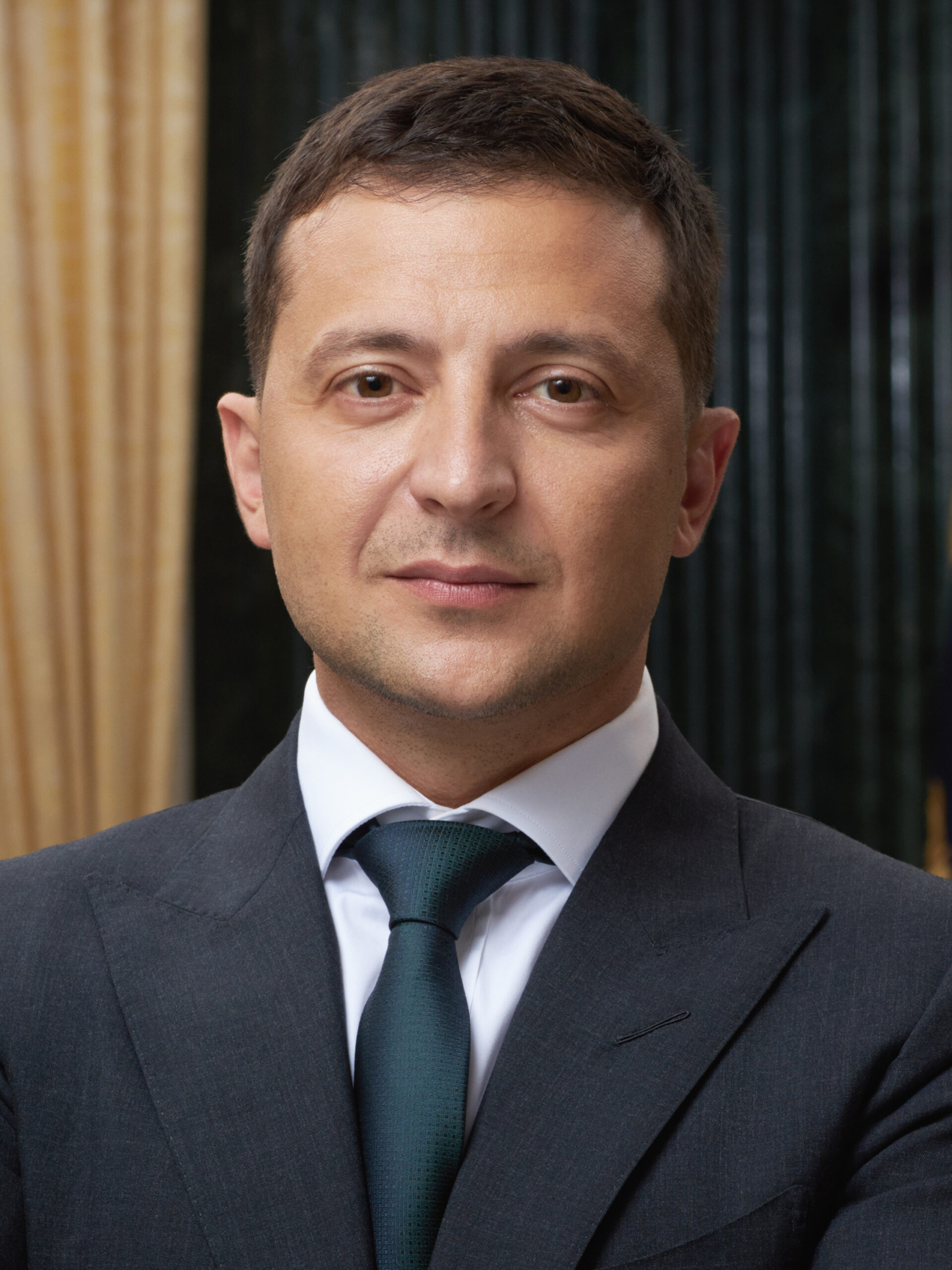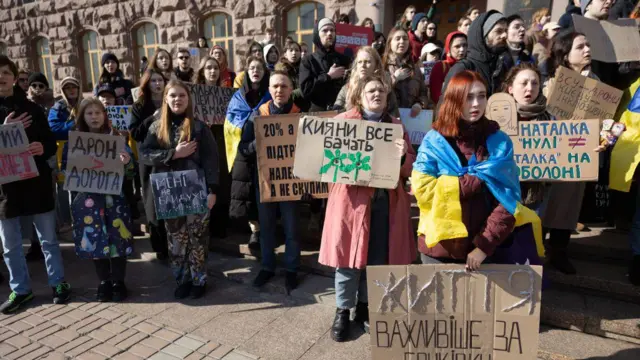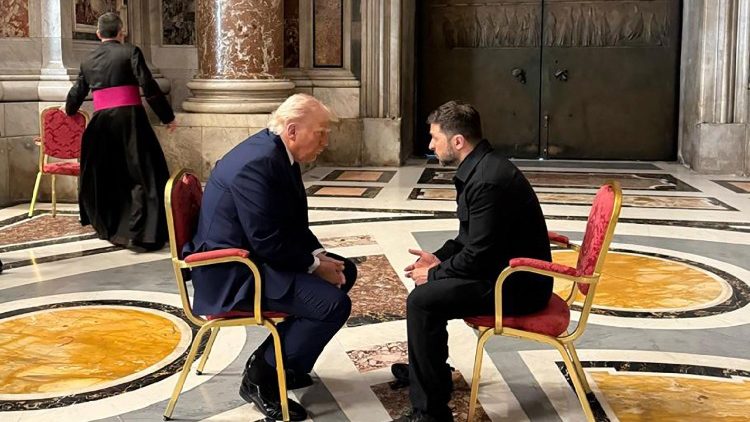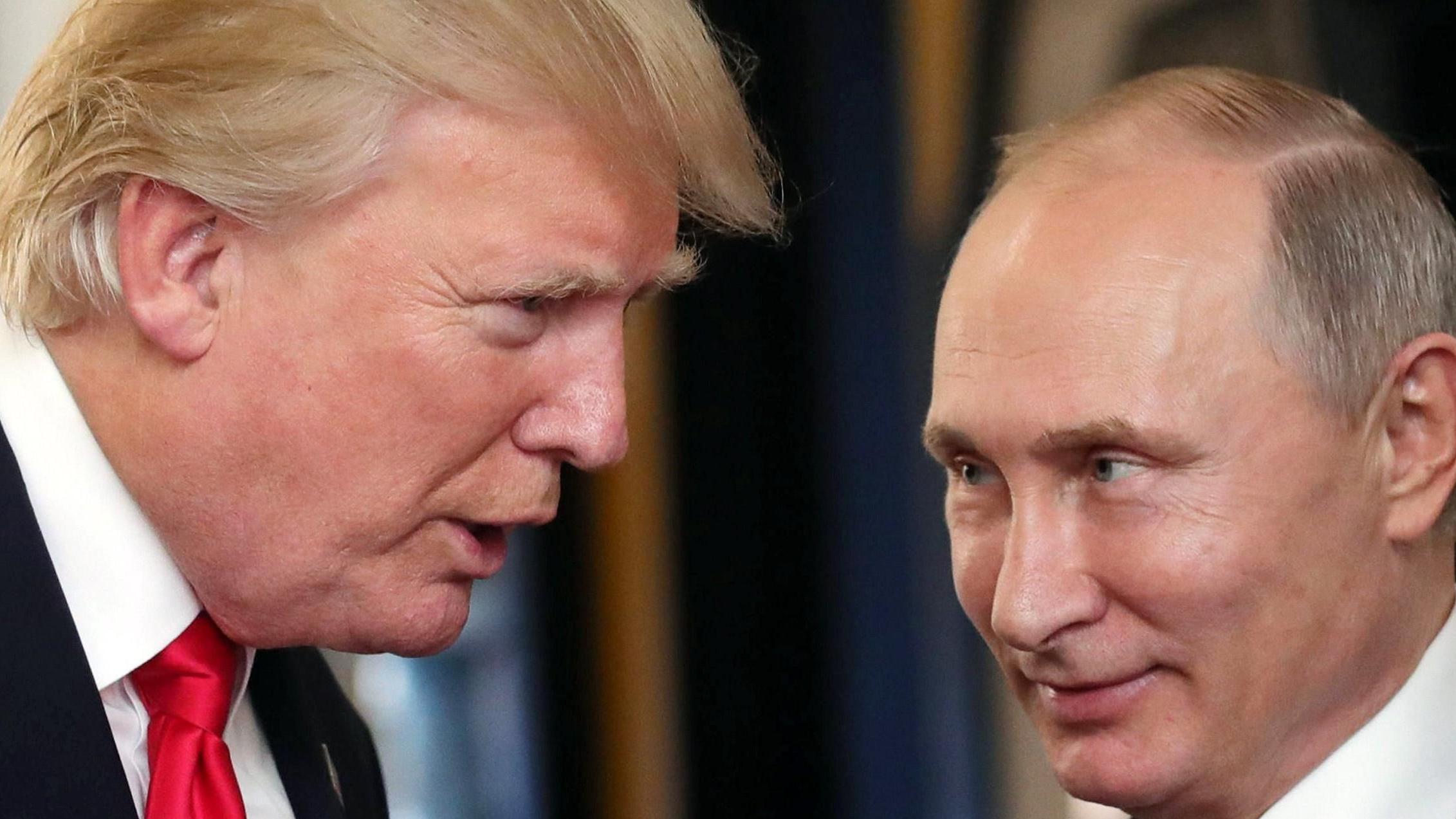Now Reading: Inside Zelenskyy’s Wallet: Ukraine’s President Reveals His Financial Secrets
-
01
Inside Zelenskyy’s Wallet: Ukraine’s President Reveals His Financial Secrets

Inside Zelenskyy’s Wallet: Ukraine’s President Reveals His Financial Secrets
In a bold move toward government transparency, Ukraine’s President Volodymyr Zelenskyy has pulled back the curtain on his personal finances. The wartime leader’s financial disclosure reveals exactly how much his family earned in 2024 and where that money came from—even as his country continues to battle Russian forces.
The Presidential Office published Zelenskyy’s declaration on Sunday, March 30, providing a rare glimpse into the financial life of one of the world’s most prominent political figures. The disclosure represents more than just numbers—it’s a powerful statement in Ukraine’s ongoing fight against corruption.

The Numbers Behind Ukraine’s Most Famous Politician
So what exactly does a wartime president earn? According to the official declaration, Zelenskyy and his family pulled in a total of Hr 15,286,193 (approximately $368,556) in 2024. This represents a modest increase from 2023, when the family reported income of around $316,700.
The 2024 earnings breakdown reveals some interesting details about the president’s financial portfolio:
• Presidential salary
• Bank interest
• Income from private real estate leases
• A significant Hr 8,585,532 ($207,000) from government bond sales
The Presidential Office noted that the year-over-year increase stemmed largely from the “resumption of full rental payments”—suggesting Zelenskyy had previously reduced or paused collecting rent during the earlier phases of the war.
Transparency in Wartime: Resuming Anti-Corruption Measures
What makes this disclosure particularly significant is its timing. Ukraine’s mandatory electronic asset declaration system was temporarily suspended in 2022 after Russia launched its full-scale invasion, when government priorities understandably shifted to national survival.
However, in a move that surprised many international observers, Zelenskyy signed legislation reinstating the requirement in October 2023, signaling that accountability wouldn’t be sacrificed even during wartime. The system, originally instituted in 2014, requires all public officials to detail their assets, income, and expenses annually.
“Even during war, transparency and accountability remain non-negotiable,” an insider from Ukraine’s anti-corruption agency told reporters off the record. “President Zelenskyy’s willingness to disclose his finances sends a powerful message throughout all levels of government.”

The Bigger Picture: Why Financial Transparency Matters in Ukraine
Ukraine’s battle against corruption didn’t begin with the Russian invasion. The country has long struggled with transparency issues, ranking 116th out of 180 countries in Transparency International’s 2023 Corruption Perceptions Index.
The electronic declaration system represents one of Ukraine’s most important anti-corruption reforms, requiring officials to publicly account for their wealth and preventing them from hiding ill-gotten gains. For a country seeking closer ties with European institutions, demonstrating progress on corruption is essential.
By maintaining these accountability measures despite the extraordinary challenges of war, Zelenskyy appears to be sending a clear message: Ukraine’s fight exists on two fronts—against external aggression and internal corruption.
What The Declaration Doesn’t Tell Us
While the financial disclosure provides valuable insight into Zelenskyy’s personal finances, political analysts note that the full picture of Ukraine’s political economy remains complex. Many Ukrainian oligarchs maintain significant influence despite reform efforts, and the wartime economy has created new avenues for potential corruption.
Nevertheless, the symbolic importance of the president’s financial transparency shouldn’t be underestimated. In a region where leaders often obscure their wealth, Zelenskyy’s disclosure represents a meaningful step toward Western democratic standards.
Looking Forward: Transparency in Post-War Ukraine
As Ukraine continues its difficult path toward potential EU membership, maintaining and strengthening anti-corruption measures will remain crucial. The reinstatement of the declaration system suggests that, despite the overwhelming challenges of war, Ukraine’s leadership remains committed to institutional reform.
For Zelenskyy personally, the financial disclosure represents just one aspect of his highly scrutinized leadership. From former comedian to wartime president, his journey continues to fascinate global audiences—including, now, with a clearer picture of his bank account.
Whether this transparency initiative will translate into broader institutional changes remains to be seen. But for a country fighting for its democratic future, even symbolic victories against corruption represent meaningful progress.










